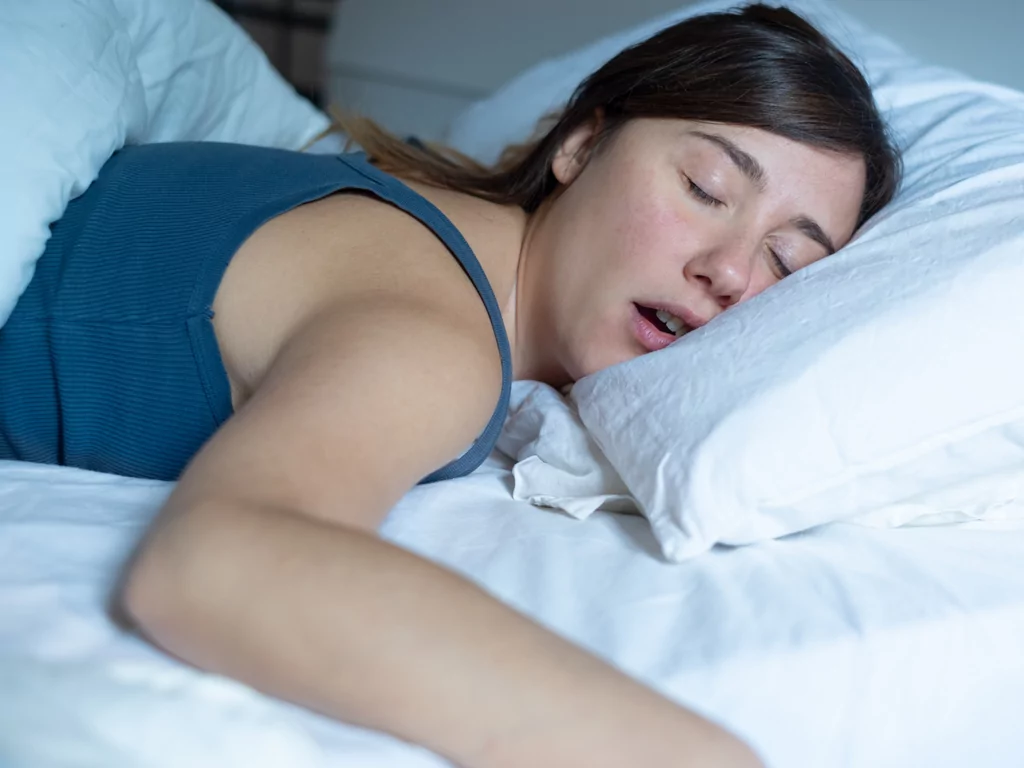 Sleep apnea is a common yet often undiagnosed sleep disorder that affects millions of people worldwide. It is a condition where breathing repeatedly stops and starts during sleep, and it can have adverse effects on your health and well-being. If left untreated, sleep apnea can increase the risk of heart disease, stroke, and even diabetes. Therefore, it is essential to recognize the signs of sleep apnea and seek treatment promptly. In this blog post, we’ll discuss how you can recognize the signs of sleep apnea and when to seek medical attention.
Sleep apnea is a common yet often undiagnosed sleep disorder that affects millions of people worldwide. It is a condition where breathing repeatedly stops and starts during sleep, and it can have adverse effects on your health and well-being. If left untreated, sleep apnea can increase the risk of heart disease, stroke, and even diabetes. Therefore, it is essential to recognize the signs of sleep apnea and seek treatment promptly. In this blog post, we’ll discuss how you can recognize the signs of sleep apnea and when to seek medical attention.
Loud Snoring
One of the most common signs of sleep apnea is loud snoring. If you snore loudly and often wake up feeling tired and groggy, it may indicate that you have sleep apnea. When you have sleep apnea, the airway becomes partially or entirely blocked during sleep, leading to snoring, gasping, or choking sounds. If your snoring is a cause for concern, you should see a doctor.
Excessive Daytime Sleepiness
Another sign of sleep apnea is excessive daytime sleepiness. If you find yourself falling asleep frequently during the day, you may have sleep apnea. When you have sleep apnea, you wake up multiple times during the night, leaving you feeling tired and groggy during the day. If you experience excessive daytime sleepiness, you need to speak to a sleep specialist.
Pauses in Breathing
One of the most common yet often unnoticed signs of sleep apnea is pauses in breathing during sleep. You may not be aware of it, but your partner may notice that you’re struggling to breathe during sleep. If you stop breathing for a few seconds or gasp or choke during sleep, it may indicate sleep apnea. If you or your partner notice these signs, it’s important to speak to a sleep specialist.
Morning Headaches
If you wake up with a headache every morning, it may indicate that you have sleep apnea. When you have sleep apnea, you may not be getting enough oxygen during sleep, leading to headaches when you wake up. Headaches can also be a sign of other underlying health conditions, so it’s important to speak to your doctor.
If you recognize any of these signs of sleep apnea, it’s important to speak to a sleep specialist as soon as possible. They can diagnose sleep apnea and recommend the appropriate treatment based on the severity of your condition. Treatment options for sleep apnea include lifestyle changes such as weight loss, using a Continuous Positive Airway Pressure (CPAP) machine, and surgical procedures. If left untreated, sleep apnea can have severe consequences, so it is essential to seek medical attention promptly. Remember, recognizing the signs of sleep apnea can lead to a more restful and healthier life.
Dr. Montz, Dr. Maher, or Dr. Dunwody at Houston Sleep Solutions South will be able to help you determine if sleep apnea treatment is right for you. Contact us now.
Locations (Tap to open in Google Maps):
2443 S Galveston Ave
Pearland, Texas 77581
Pearland Phone: 281-485-48291769 S. Friendswood Dr. Ste 107
Friendswood, TX 77546
Friendswood Phone: 713-565-1178
